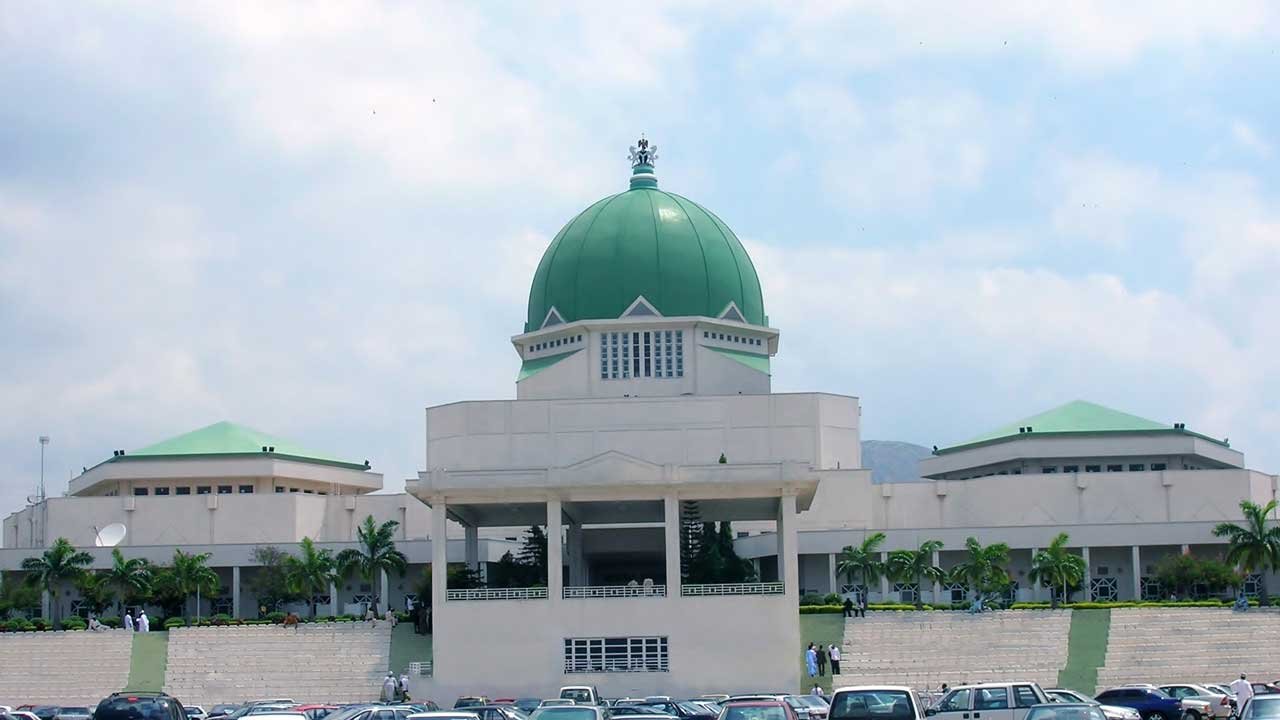The National Assembly has revised the 2025 budget, moving N500 billion from capital expenditure to recurrent spending. Lawmakers say the adjustment fixes errors in allocations to federal ministries, departments, and agencies (MDAs), but the decision has resulted in debates and arguments over its potential impact on inflation and economic growth.
The budget, originally passed on February 13, underwent a review after lawmakers identified discrepancies in line items. The Senate and House of Representatives agreed to maintain the overall budget size while fixing the errors. Despite the reallocation, the total budget remains at N54.9 trillion. The capital expenditure, originally N23.9 trillion, has been reduced to N23.4 trillion, while the recurrent (non-debt) expenditure increased from N13 trillion to N13.5 trillion.
The Senate debated the amendments on Tuesday, with Senator Adeola Olamilekan, Chairman of the Appropriations Committee, leading the motion. The adjustments were passed overwhelmingly after deliberation. Senate President Godswill Akpabio noted that the corrections ensure clarity and transparency in budgetary allocations.
However, the decision to divert more funds to recurrent spending has resulted in concerns about inflation. Some economists argue that increasing government consumption without boosting infrastructure could worsen inflationary pressures. With Nigeria already battling high inflation rates, critics warn that higher recurrent spending may drive up public sector wage costs and consumer demand without improving productivity. In other news, iNaijanow shared a post on the shocking invasion of the Lagos state national assembly.
This is not the first time the National Assembly has revised allocations in the 2025 budget. Earlier, lawmakers increased the total budget from N54.2 trillion to N54.9 trillion, adding N750 billion to the initial proposal submitted by President Bola Tinubu. The budget also allocated N3.6 trillion for statutory transfers and N14.3 trillion for debt servicing. However, after reviewing line items, errors in allocations prompted another round of amendments, leading to the latest expenditure shifts.
Additionally, lawmakers recently moved to cut the Joint Admissions and Matriculation Board (JAMB) from the Federal Government’s grant. Citing concerns over financial mismanagement, the National Assembly has scrutinized JAMB’s funding structure, pushing for alternative revenue generation rather than reliance on federal allocations. This decision aligns with broader efforts to ensure accountability in public spending.
Despite these concerns, the budget remains unsigned by President Bola Tinubu. His approval will determine whether these adjustments take effect. Meanwhile, the debate continues over whether Nigeria’s fiscal strategy should prioritize long-term investments over immediate government expenses.
Key Adjustments in Expenditure
Recurrent Expenditure Changes:
- Ministry of Defence: Allocation dropped from N2.51 trillion to N2.49 trillion.
- Ministry of Police Affairs: Revised from N1.225 trillion to N1.224 trillion.
- Total Pensions, Gratuity, and Retirement Benefits: Increased from N950 billion to N1.44 trillion.
- Military Pensions and Gratuities: Adjusted from N252.6 billion to N383.9 billion.
- National Pension Commission (PENCOM): Increased from N529.4 billion to N804.7 billion.
Capital Expenditure Cuts:
- Presidency: Allocation reduced from N144.4 billion to N142.7 billion.
- Federal Ministry of Agriculture and Food Security: Reviewed from N1.95 trillion to N1.83 trillion.
- Federal Ministry of Works: Revised from N2.04 trillion to N2 trillion.
- Federal Ministry of Education: Reduced from N953.9 billion to N944.6 billion.
















